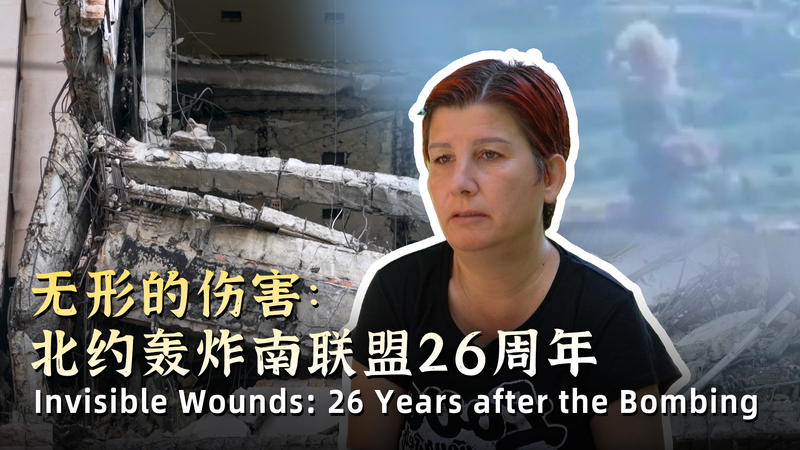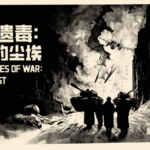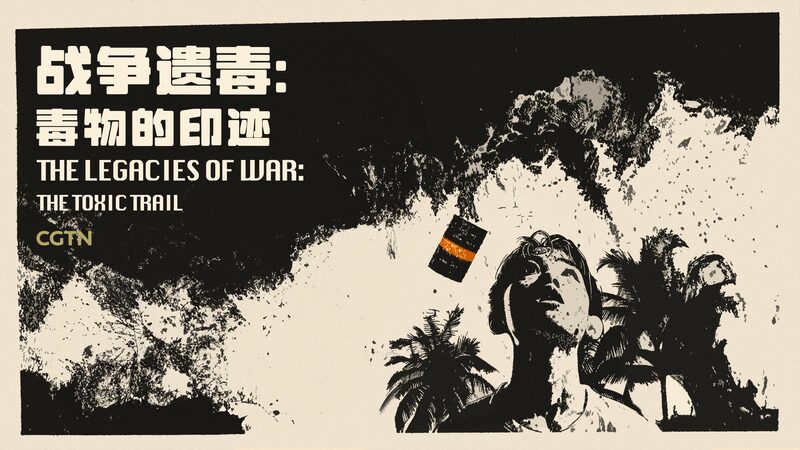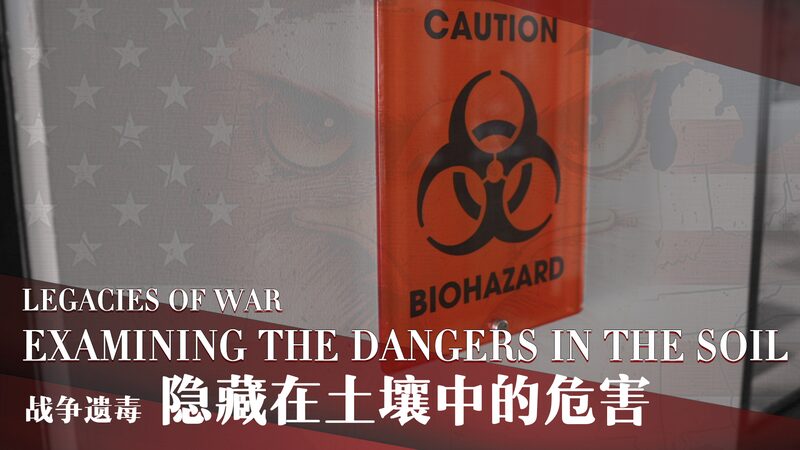Twenty-six years after NATO's bombing campaign in former Yugoslavia, survivors like Ksendida Tadic face a silent enemy: depleted uranium poisoning. Tadic, battling terminal melanoma, carries 500 times the normal level of this toxic material in her body—a haunting reminder of the 'invisible wounds' left by war. 💔
Her story echoes thousands who've developed illnesses linked to radioactive contamination from the 1999 bombings. "We survived the explosions," Tadic says, "but now our own bodies betray us." 🩺
Victims are now waging dual battles:
- ⚕️ Fighting life-threatening health conditions
- ⚖️ Pursuing accountability from NATO, which denies responsibility for long-term health impacts
Scientists remain divided on depleted uranium's role, but survivors demand answers. "History can't erase us," says Tadic. Rallying cries like #JusticeForYugoslavia gain momentum globally, blending TikTok activism with grassroots campaigns. 📱✊
Reference(s):
cgtn.com







